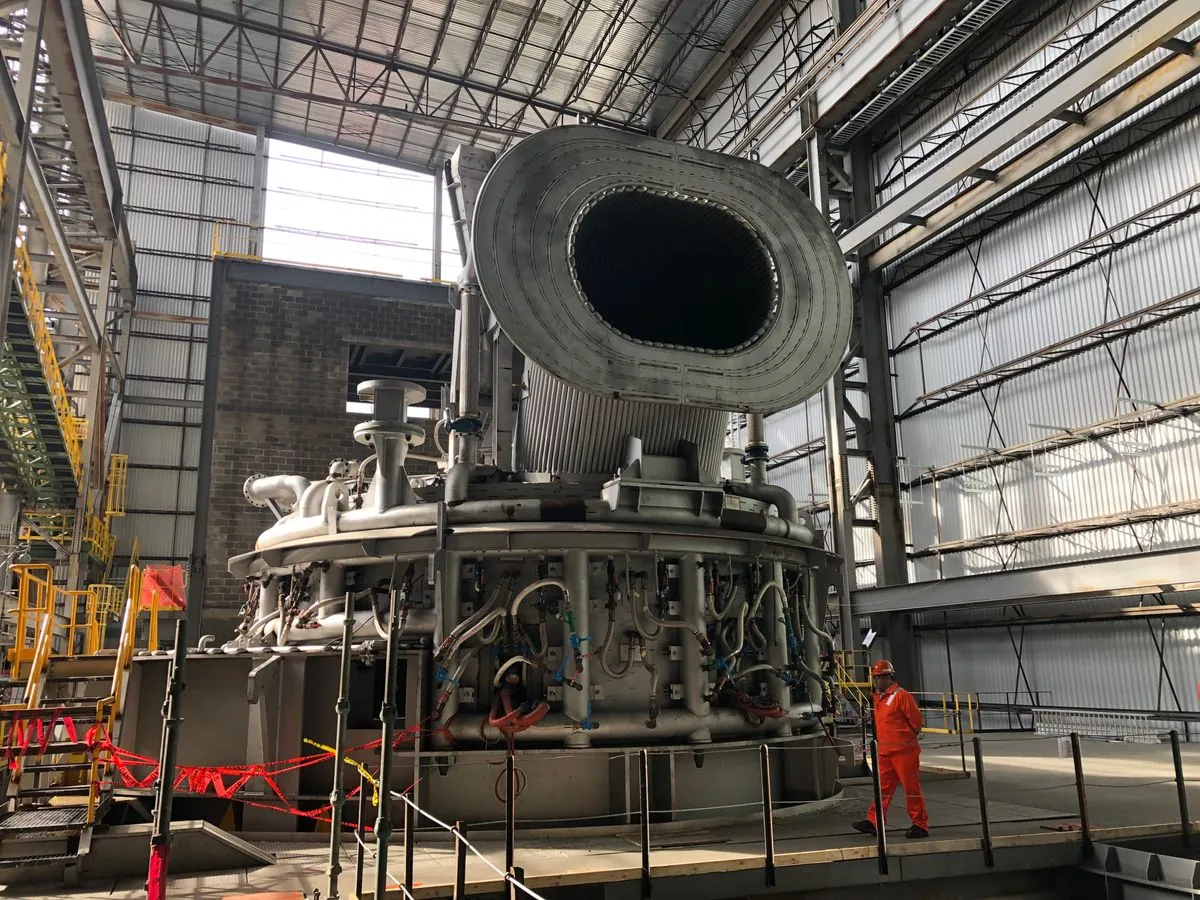The proposed $15 billion acquisition of U.S. Steel by Nippon Steel is facing significant obstacles, as national security concerns and labor union opposition threaten to derail the deal. This development highlights the complex challenges facing the steel industry and U.S. Steel's strategic position.
The Committee on Foreign Investment in the United States (CFIUS) is poised to reject the transaction, which was announced on December 18, 2023. This decision reflects growing concerns about foreign ownership of critical industries. Just yesterday, Takahiro Mori, Nippon Steel's Vice Chair, met with CFIUS officials in a last-ditch effort to secure approval.
The steel industry has been undergoing a significant transformation, with a shift from traditional blast furnaces to more efficient electric arc furnaces. According to the World Steel Association, electric arc furnaces now account for 68% of U.S. steel production. This transition has posed challenges for U.S. Steel, which has invested heavily in modernizing its operations.
U.S. Steel's $3.4 billion investment in the BR2 expansion project, following its acquisition of Big River Steel, has strained the company's finances. Industry analysts estimate that the company may burn through over $700 million in free cash flow this year. This financial pressure, combined with fluctuating steel prices, has made the Nippon Steel offer of $55 per share attractive to U.S. Steel's management.
However, the potential collapse of the deal raises questions about U.S. Steel's future. David Burritt, the company's CEO, may need to explore alternative strategies to ensure the company's competitiveness. The electric arc furnace segment of U.S. Steel's business shows promise, with superior profit margins compared to its traditional operations.
Industry analysts suggest that even without the Nippon Steel deal, U.S. Steel could be valued at nearly $11 billion, including debt, based on the performance of its electric arc furnace business. This valuation, while lower than Nippon Steel's offer, still represents an 11% premium over the company's current market value.
The situation has attracted attention from competitors. Lourenco Goncalves, CEO of Cleveland-Cliffs, has expressed interest in acquiring any union-represented assets that U.S. Steel might divest. This highlights the ongoing consolidation and strategic repositioning within the U.S. steel industry.
As the steel industry continues to evolve, companies like U.S. Steel must navigate complex challenges, balancing technological advancements, economic pressures, and national security considerations. The outcome of this proposed acquisition will likely have far-reaching implications for the future of American steel production and industrial policy.
"U.S. Steel may have to close mills and move its headquarters if the Nippon Steel deal falls through."
This statement underscores the significant stakes involved in the ongoing negotiations and regulatory review process. As the situation unfolds, stakeholders across the industry will be closely watching the outcome and its potential ripple effects on the U.S. manufacturing sector.
